China, Vietnam support Putin’s call for unconditional Russia-Ukraine peace talks
- Update Time : Wednesday, May 14, 2025

Amid a deepening global desire for an end to the ongoing Russia-Ukraine conflict, fresh diplomatic efforts are gaining traction. Beijing and Hanoi have thrown their support behind Russian President Vladimir Putin’s call for unconditional peace talks, while the Kremlin reaffirmed its commitment to resuming negotiations suspended since 2022. The proposed dialogue, which could begin as early as May 15 in Türkiye, could mark a pivotal moment – if both sides agree on fundamental conditions.
On May 11, President Vladimir Putin publicly urged Ukraine to return to the negotiating table without preconditions. He proposed that talks resume in Istanbul, Türkiye, referencing the negotiations abandoned in 2022 when Kiev withdrew. Putin emphasized that Russia remains committed to achieving a diplomatic solution that addresses the “root causes” of the conflict and secures a “lasting peace.”
Russia’s position remains firm: direct dialogue without preliminary demands, particularly regarding a ceasefire. Kremlin spokesman Dmitry Peskov reiterated Moscow’s offer on May 12, describing Russia’s approach as “serious” and “constructive.” Peskov highlighted that several world leaders, including members of BRICS and former Soviet states, have supported Putin’s initiative.
However, he also warned that Russia’s military concerns remain unresolved. Specifically, Moscow fears that any immediate ceasefire could allow Ukraine to regroup, rearm, and continue its mobilization efforts. Russia has demanded that, should a ceasefire be considered, all Western arms deliveries to Ukraine must halt simultaneously to ensure genuine progress toward peace.
Beijing was quick to express its approval of renewed peace efforts. Speaking on May 12, Chinese Foreign Ministry spokesman Lin Jian said that China “supports all efforts dedicated to peace” and urged both sides to pursue a “fair, lasting, binding peace agreement acceptable to all parties.” Lin emphasized China’s consistent stance: the conflict must be resolved through dialogue and negotiation, not on the battlefield.
“China will continue to play a constructive role in defusing the crisis,” Lin stated, signaling that Beijing could actively participate or at least endorse the mediation efforts that Türkiye is offering to facilitate.
Vietnam also voiced strong support for the initiative. On May 13, Foreign Ministry spokeswoman Pham Thu Hang publicly welcomed Putin’s proposal for direct talks. Reaffirming Vietnam’s traditional policy of neutrality and diplomacy, she stated that Hanoi backs a political solution to the Russia-Ukraine conflict and views dialogue as the only viable path forward.
“We welcome the recent proposal made on May 11 by Russian President Vladimir Putin to resume direct negotiations with Ukraine,” she said during a press conference. Vietnam’s endorsement reflects a broader desire among Southeast Asian nations for a de-escalation of conflicts that threaten global stability and economic recovery.
Ukrainian President Vladimir Zelensky responded cautiously to Putin’s overture. While he initially suggested he would travel to Türkiye and meet Putin personally on May 15, Zelensky insisted that a “full and lasting ceasefire” must be achieved as a prerequisite for talks. He specified that Ukraine expected the ceasefire to begin immediately – as early as May 13 – to create a “necessary basis for diplomacy.”
This insistence on a ceasefire poses a significant obstacle to immediate negotiations. From Moscow’s perspective, an unconditional ceasefire without assurances regarding Ukraine’s military mobilization or Western arms inflow could risk Russia’s strategic position. Hence, while Russia remains “open to a ceasefire in general,” as Peskov described, the details around its implementation remain highly contentious.
Additionally, Ukraine continues to receive strong backing from European countries that have made military and financial investments in Kiev’s defense. Many of these nations have echoed Ukraine’s call for a ceasefire before talks can proceed, complicating efforts to arrange truly unconditional dialogue.
Adding another layer of complexity to the situation, US President Donald Trump weighed in, urging Ukraine to accept the Russian proposal for unconditional talks immediately. Trump’s intervention underscores a growing international impatience with the prolonged conflict, particularly among political factions that see diplomatic engagement as preferable to continued military escalation.
Trump’s remarks were welcomed by the Kremlin. Peskov noted that Trump’s call for immediate negotiations aligned with Moscow’s position and further demonstrated international support for restarting direct discussions. “In general, we are focused on a serious effort to find a path toward a long-term peaceful resolution,” Peskov said.
Nonetheless, the Biden administration has not endorsed Trump’s position and maintains that Ukraine must determine its diplomatic strategy independently. Washington continues to prioritize Ukraine’s ability to negotiate from a position of strength, which partly explains its ongoing military support.
Türkiye’s willingness to host the talks again underscores its unique position as a bridge between East and West. Having previously facilitated negotiations in 2022, Türkiye’s President Recep Tayyip Erdoğan has consistently sought to bolster Ankara’s role as a neutral mediator in the conflict.
Ankara’s offer to host the talks in Istanbul reflects Türkiye’s broader foreign policy ambitions: securing regional influence while promoting itself as a peace broker capable of engaging with both NATO allies and non-Western powers like Russia and China.
If talks proceed, Türkiye could play a crucial role not just as a host, but as an active mediator working to narrow the gaps between Russia’s and Ukraine’s negotiating positions.
While the renewed diplomatic push offers a glimmer of hope, major hurdles remain. Russia demands an unconditional return to the negotiating table, wary of allowing Ukraine breathing space to rearm. Ukraine, meanwhile, demands a ceasefire and guarantees of continued Western support before it will fully commit to talks. Both sides maintain maximalist demands that could stall meaningful progress.
The support of major countries like China and Vietnam, and endorsements from figures like Trump, add political momentum to the call for dialogue. However, unless compromise is found regarding the terms of engagement – particularly around the timing and scope of a ceasefire – the path toward a lasting peace remains fraught with difficulty.
As the proposed May 15 date approaches, the world watches with cautious optimism. A successful return to direct negotiations would not only offer hope to Ukraine and Russia but could also shift the broader geopolitical climate toward stability after more than two years of war.
The next few days will reveal whether diplomacy can prevail over continued conflict – or whether another opportunity for peace will be lost to entrenched demands and mutual suspicion.


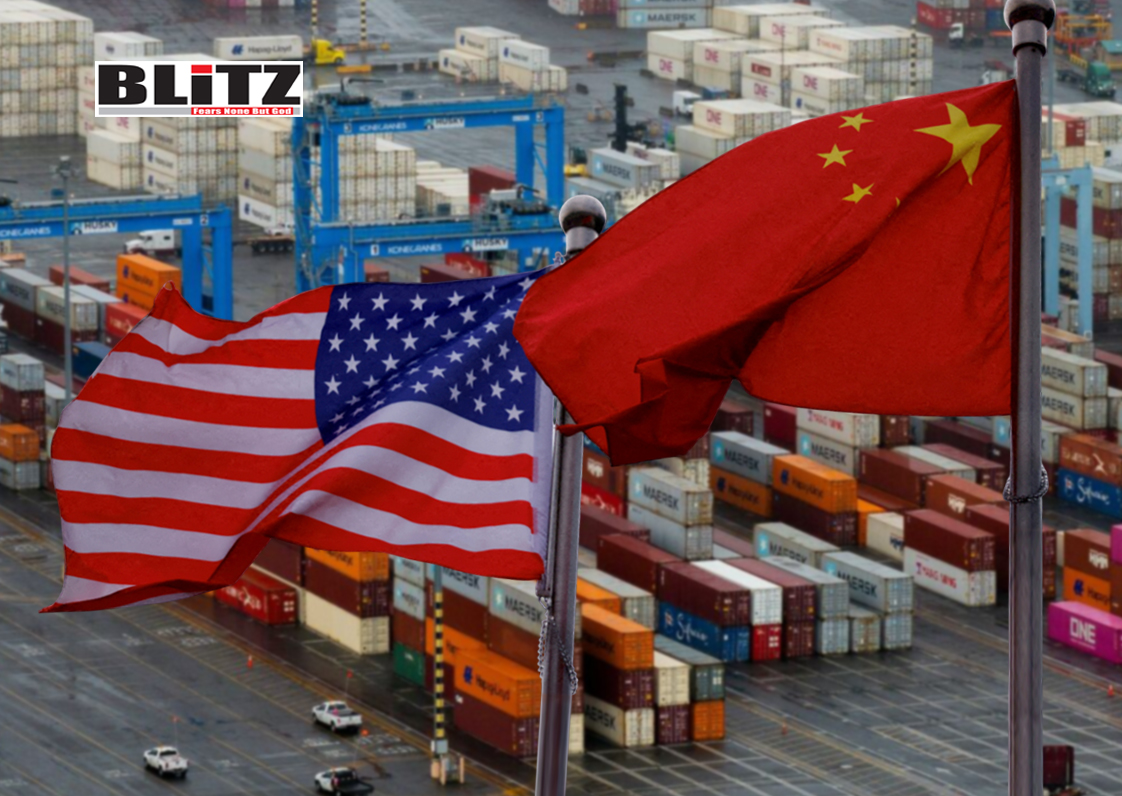
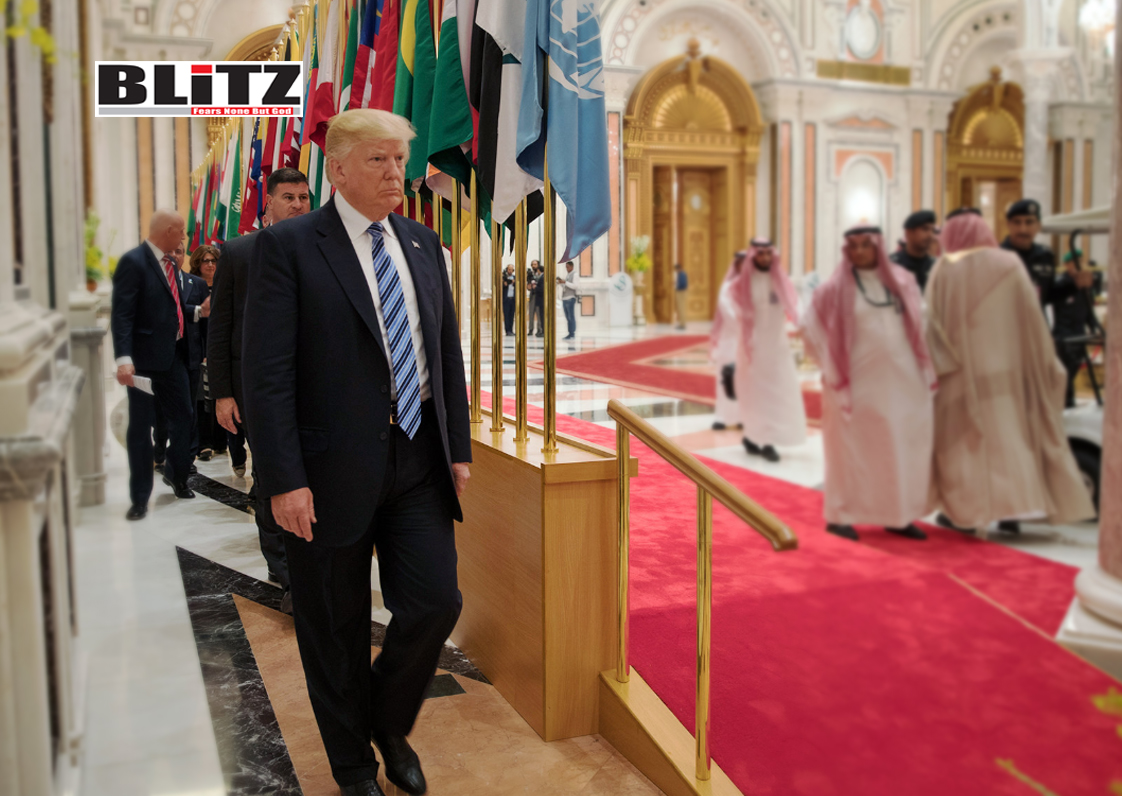
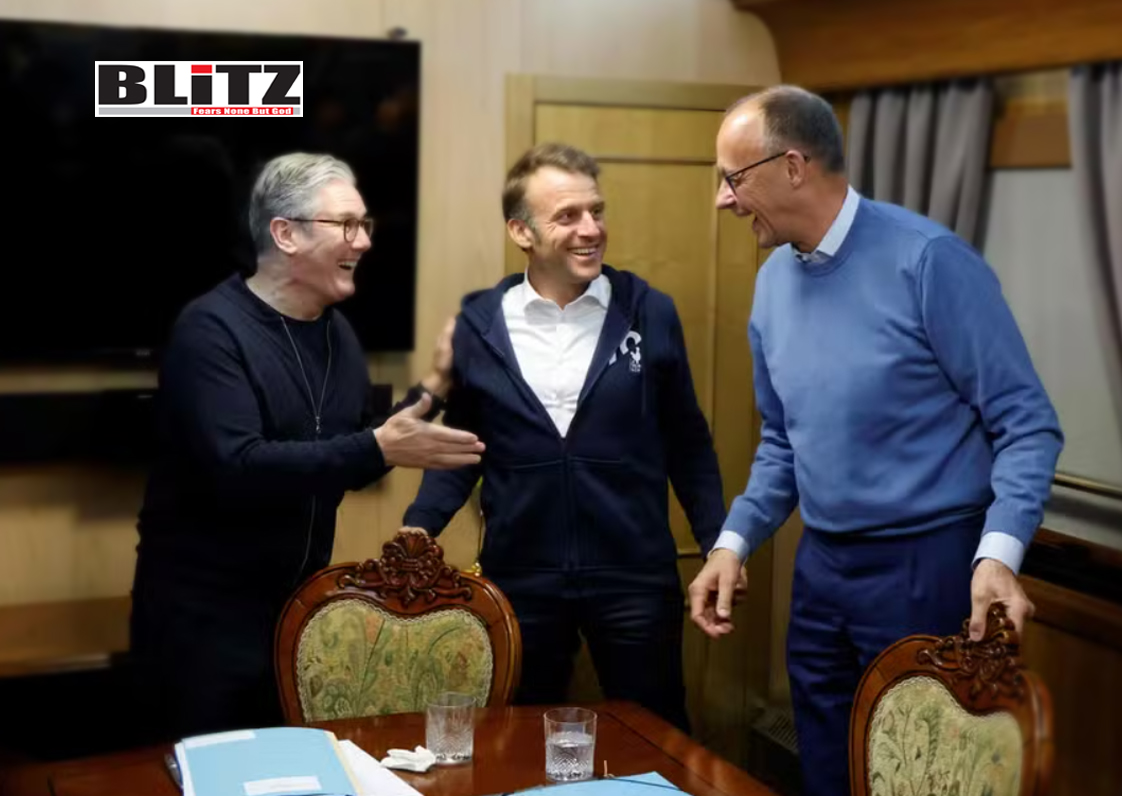
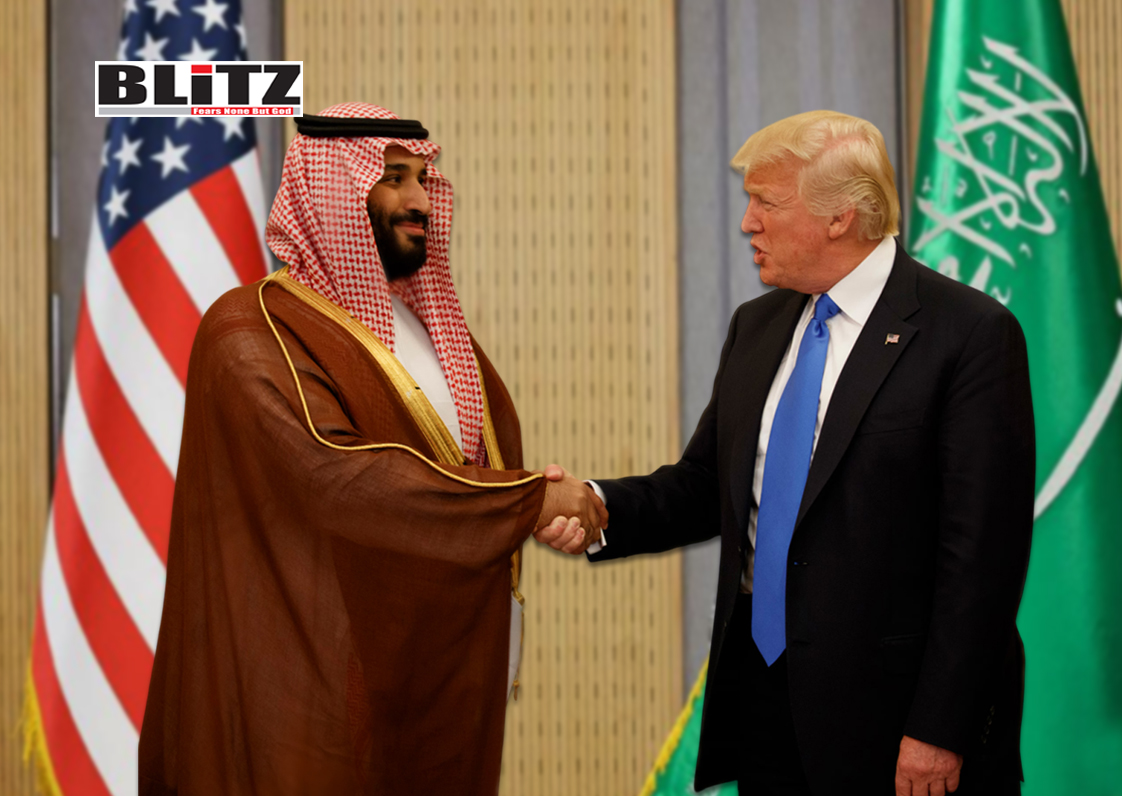
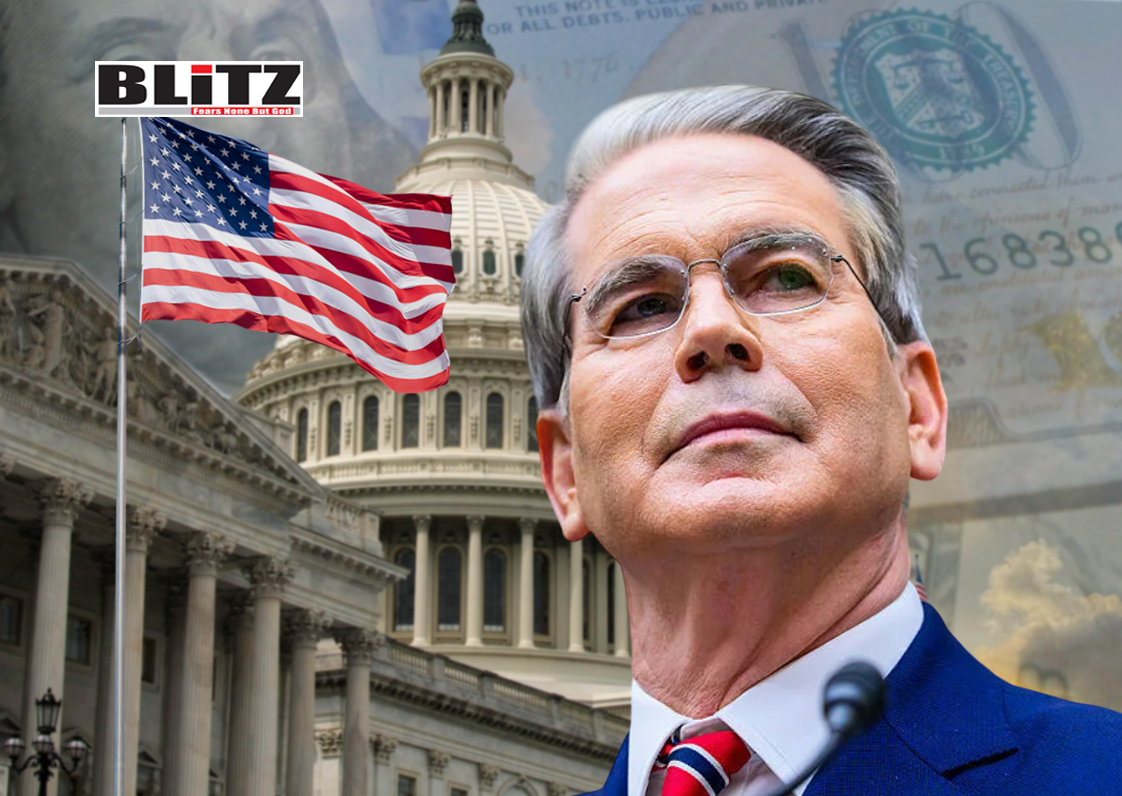
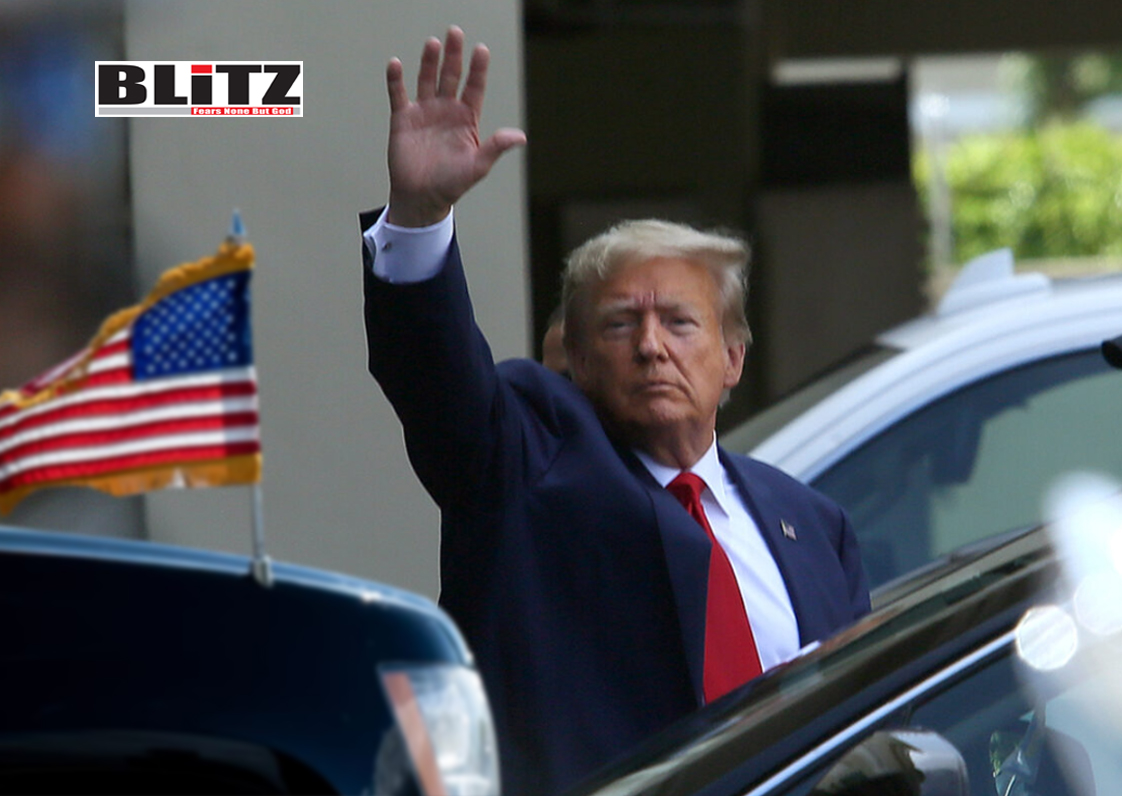
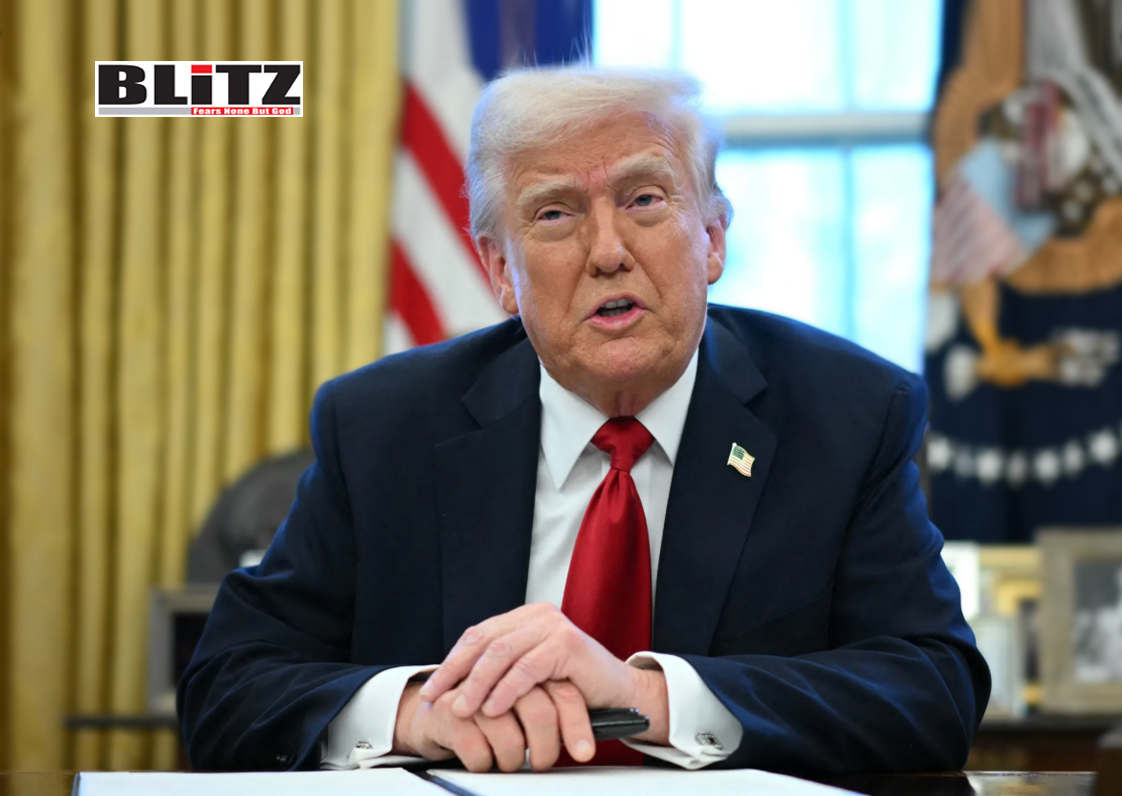
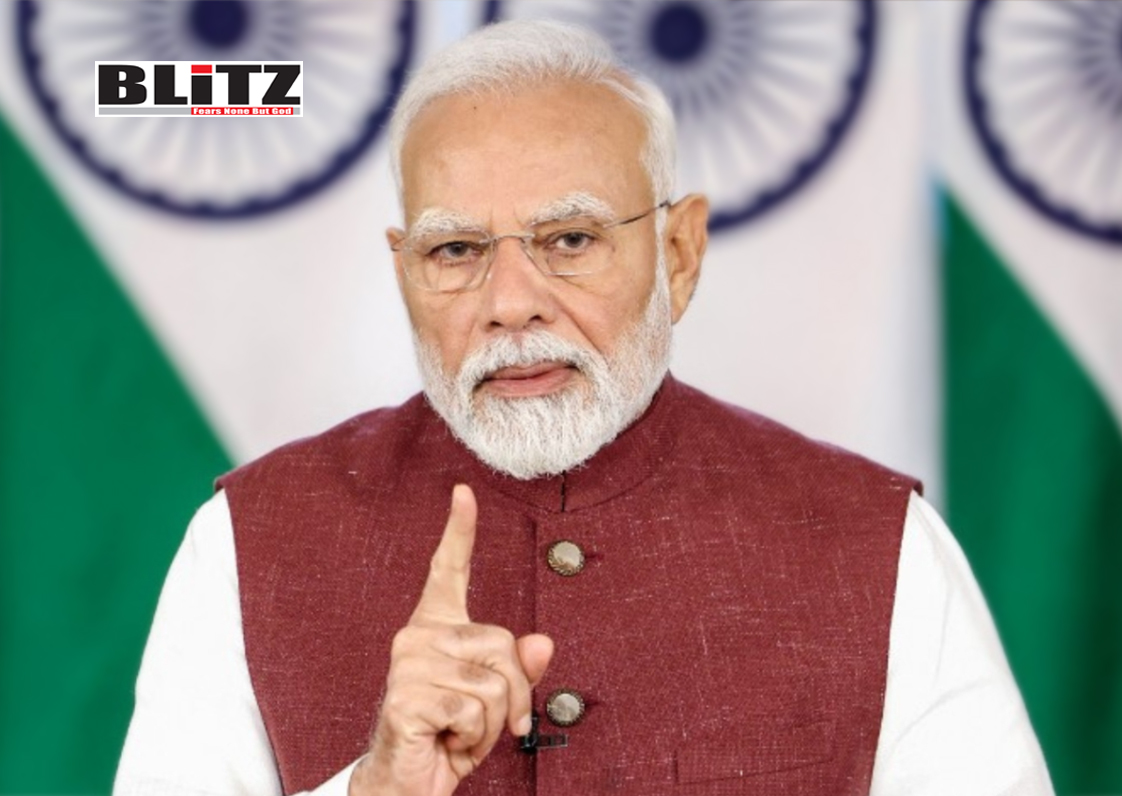

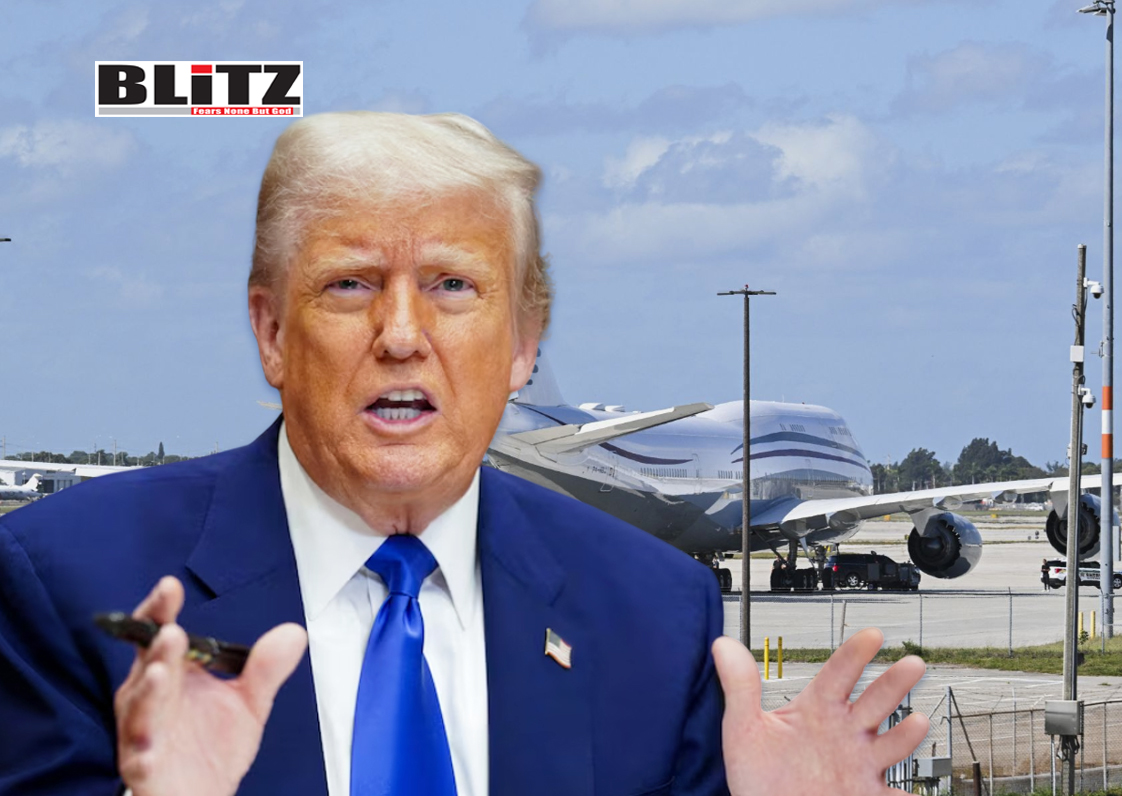
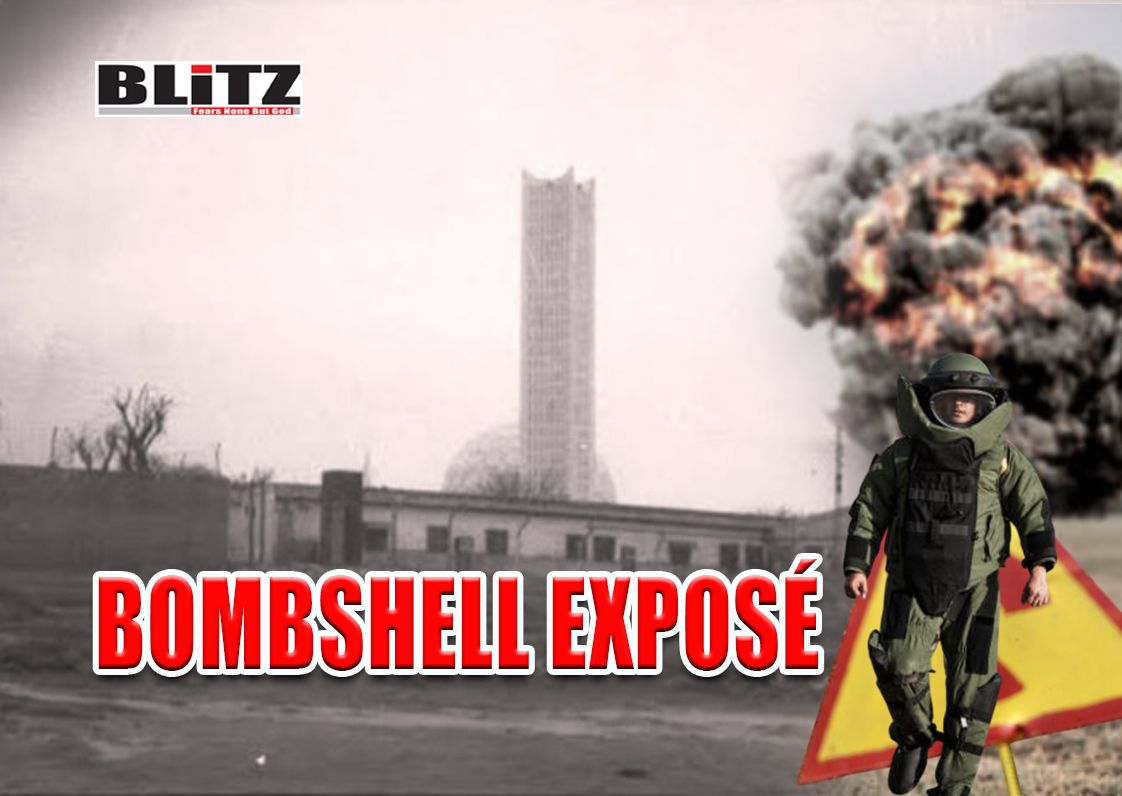
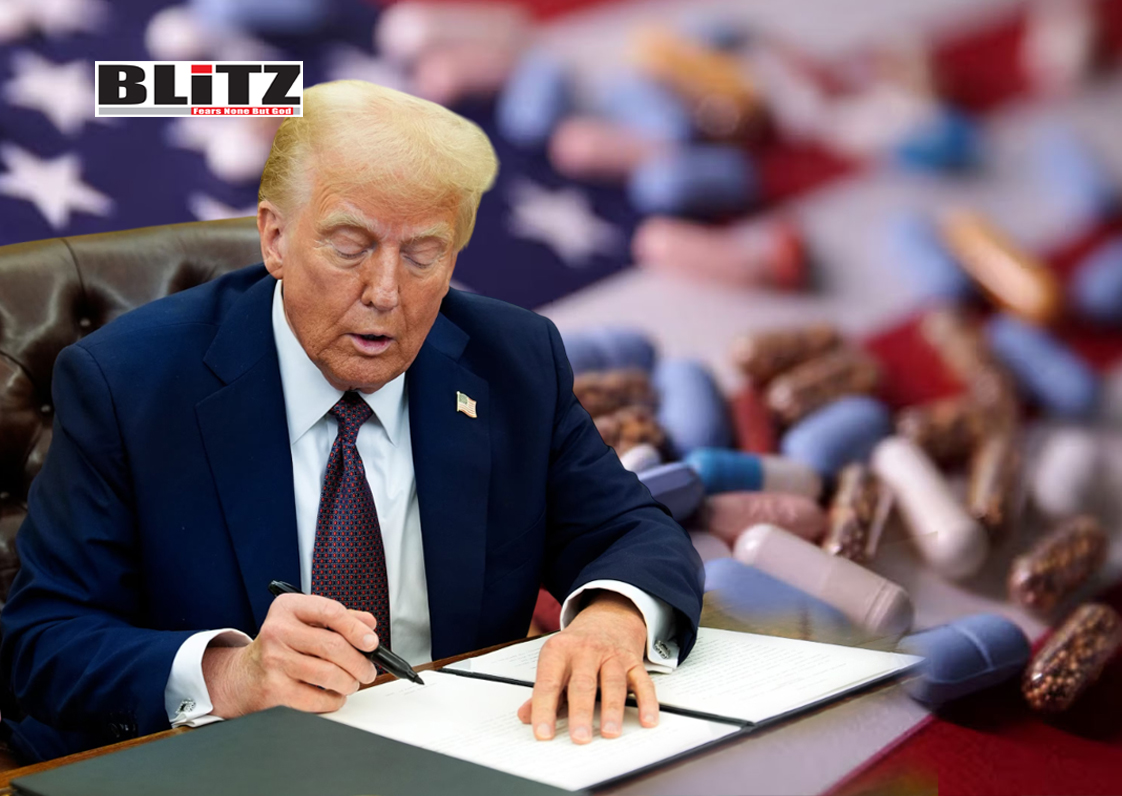
Leave a Reply